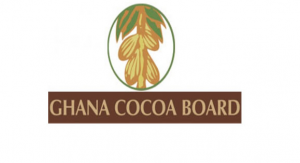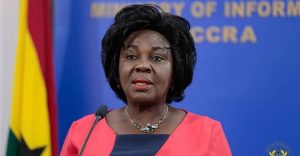Dr Seth Kofi Debrah, Director, Nuclear Power Institute, Ghana Atomic Energy Commission (GAEC), says the only way Ghanaian businesses can take advantage of the African Continental Free Trade Area (AfCFTA) is for the country to harness nuclear power and reduce electricity tariff.
He said the use of nuclear energy would ensure the production of cheap, clean, affordable and efficient electricity to spark industrialization.
Dr Debrah said this on day two of a three-day capacity building training workshop on energy reporting for Regional Managers and Editors of the Ghana News Agency (GNA) in Accra.
The programme is being organized by the Nuclear Power Ghana (NPG) in collaboration with the GNA.
In June this year, GNA and NPG signed a Memorandum of Understanding (MoU) to promote and stimulate public discourse on Ghana’s nuclear power programme.
Dr Debrah noted that 40 per cent of the production cost of Ghanaian companies went into electricity making them less competitive on the global stage and said it was time that narrative changed with a cheaper energy source.
“We have industries in Ghana that were crying for lower tariffs. We have industries in Ghana that cannot compete with other industries outside Ghana because 40 per cent of production cost goes into electricity.”
He said a Nuclear Power Programme could build industrial giants to create jobs and transform communities.
Regarding the issue of safety, Dr Debrah maintained that safety concerns were always contained in every nuclear power plant.
He said the issues of safety were in terms of how the plant was built, how the people were trained to operate the plant, what they could do and what they could not do.
“With recent (nuclear power) plants, we have what we called inherently safety conditions, and we are not going for old plants that were built in the 1960s or 1950s, we are not going for plants that we built in the 1970s, we are going for plants that have been designed and built in recent times,” he said, adding, “So, issues of safety don’t even come in any more.”
Dr Debrah said the nuclear accidents that had occurred in the past – “Chernobyl and Three Mile Island” were of reactors of old.
“We are in generation three (of nuclear power plants), we are in generation three-plus, we are even moving into generation four-plus, and we have learnt from these accidents and have inculcated these safety measures in the new power plants,” he said.
“Even if in the inlet and outlet temperature, there is a difference beyond a certain margin, the reactor shuts down on its own, you don’t have to even tell the reactor to shut down.”
He stressed that there were safety margins that were built in the modern nuclear power plants that did not require any human intervention.
Dr Debrah said with over 60 years of reactor operations around the world, one could mention only three accidents; declaring that over 440 nuclear reactors were now operating worldwide and that there was no single accident so far.
“So, in terms of safety, I think we are very safe. We’ve been quiet too long as a country, we need to move forward and then make a proper future for our children and our children’s children.”







